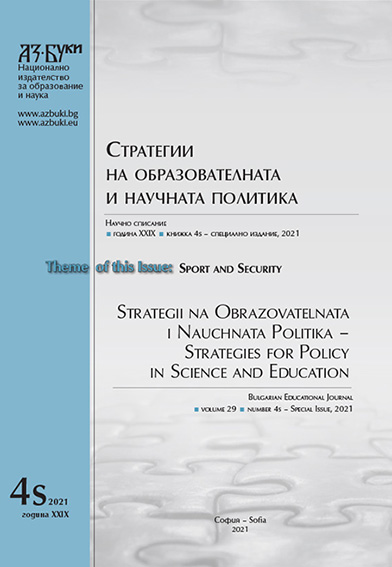Reframing Best Alternatives to Negotiated Agreements in Representative Negotiations in Sports
Reframing Best Alternatives to Negotiated Agreements in Representative Negotiations in Sports
Author(s): Hristina DobrevaSubject(s): Social Sciences, Education, Sociology, Vocational Education, Adult Education, State/Government and Education, Studies in violence and power, Economic development, Sports Studies, Globalization, Inclusive Education / Inclusion
Published by: Национално издателство за образование и наука „Аз-буки“
Keywords: BATNA; negotiation; tactical games; sports
Summary/Abstract: The paper starts with differentiating between the positional and interest-based negotiation styles for reaching the Best Alternative to a Negotiated Agreement (BATNA). It outlines the main problems of positional bargaining and the role of agents in representative negotiations in sports. The paper aims at specifying negotiation styles and tactics/games that could produce optimal win-win solutions in sports. It focuses on the need of tactical flexibility, timing, collaboration, issue-linkage and leverage creation that could possibly reframe BATNAs for reaching mutual gain agreements and optimal win-win solutions.The paper aims is to propose solutions for reaching agreements in representative negotiations in sports. The methodology’s starting point is BATNA. The analytical framework includes both choosing the appropriate negotiation style (positional or interest-based) and tactics (negotiation games) to end up with a given strategy. Principled negotiation and mutual gain approach are suggested as solutions. The results of the analysis could be summarized in four categories. The first is the importance of considering the specifics of sports negotiations, especially the advantages and disadvantages of using agents as representatives. Here short versus long-term interests have to be weighed. The second is the advancement of issue linkages, creative alternatives for win-win solutions, leverage and appropriate bargaining style. The third is the focus on the process of reframing BATNAS as a process of evaluating alternatives, seeking leverage but maintaining credibility and flexibility. The fourth is the application of the mutual gain approach to expand the frontier of possibilities. Here the most important is the brainstorming session and the concept of the next best solution.
Journal: Стратегии на образователната и научната политика
- Issue Year: 29/2021
- Issue No: 4s
- Page Range: 144-152
- Page Count: 9
- Language: English
- Content File-PDF

